Series Behavior with the n-th Term Test: Divergence Test
The n-th Term Test is a fundamental tool in determining whether a series converges or diverges. It examines the behavior of the terms in a series as \(n\) approaches infinity. Specifically, if the limit of the n-th term \(a_n\) does not approach zero, the series diverges. However, if \(\lim_{n \to \infty}\) a_\(n = 0\), the test is inconclusive, meaning the series could still converge or diverge, and further tests are needed. The n-th Term Test is often the first step in analyzing a series’ behavior.
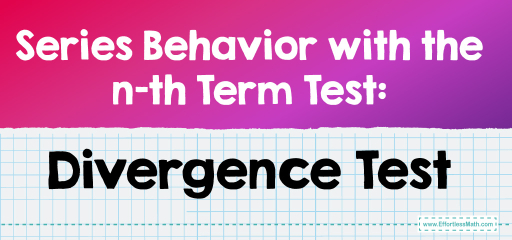
The n-th Term Test is a fundamental method for determining the divergence of an infinite series. The test examines the behavior of the terms of the series as nn approaches infinity.
How It Works:
Given a series \(\sum a_n\), the n-th Term Test states:
- If \(\lim_{n \to \infty} a_n \neq 0\), the series diverges.
- If \(\lim_{n \to \infty} a_n = 0\), the test is inconclusive, meaning the series might converge or diverge. Further tests are needed.
Why It Works:
The intuition behind the test is simple: For a series to converge, its terms must approach zero as nn grows large. If the terms do not approach zero, the series cannot possibly sum to a finite value, and thus, it diverges. However, if the terms approach zero, we cannot conclude convergence, as some series with terms approaching zero still diverge (like the harmonic series).
Example of Divergence:
Consider the series \(\sum_{n=1}^\infty \frac{1}{n}\), the harmonic series.
- The terms are \(\frac{1}{n}\).
- \(\lim_{n \to \infty} \frac{1}{n} = 0\).
Since the terms approach zero, the n-th Term Test is inconclusive. However, we know that the harmonic series diverges because the sum grows without bound, even though the terms approach zero.
Example of Divergence (non-zero limit):
Consider the series \(\sum_{n=1}^\infty 1\).
- The terms are \(a_n = 1\).
- \(\lim_{n \to \infty} 1 = 1\).
Since the terms do not approach zero, the n-th Term Test tells us the series diverges.
Conclusion:
The n-th Term Test is a quick and effective method for determining divergence. If the limit of the terms does not approach zero, the series must diverge. However, if the terms approach zero, more tests are necessary to determine if the series converges.
Related to This Article
More math articles
- 3rd Grade FSA Math Worksheets: FREE & Printable
- How to Find Domain and Range of Radical Functions? (+FREE Worksheet!)
- Top 10 Tips to ACE the ISEE Math Test
- The Ultimate 6th Grade NSCAS Math Course (+FREE Worksheets)
- FREE FTCE Math Practice Test
- Praxis Core Math – Test Day Tips
- Classifying a Conic Section (in Standard Form)
- How to Multiply a Matrix by a Scalar?
- How to Deciphering the Puzzle of Time: A Step-by-Step Guide to Solving Age Problems in Mathematics
- Understanding Fractions Definition
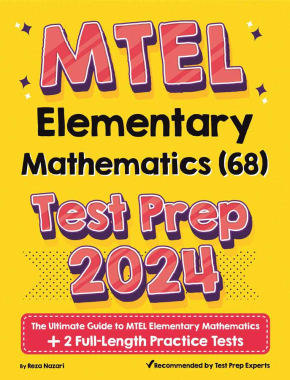



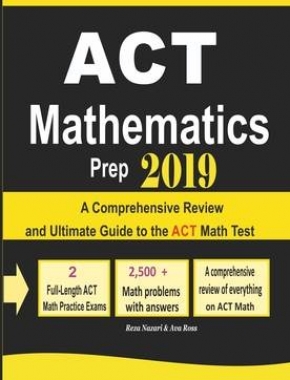
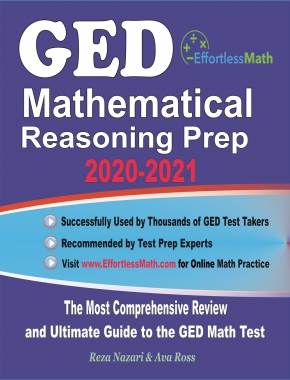
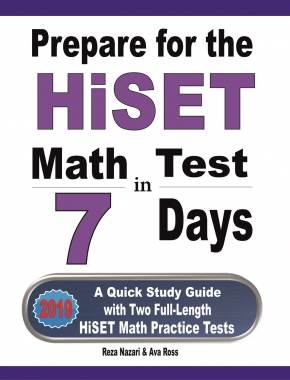
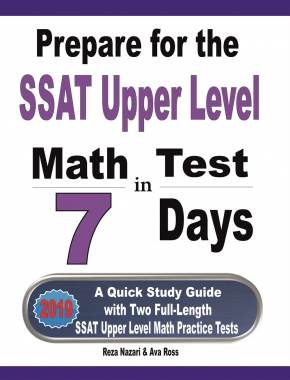
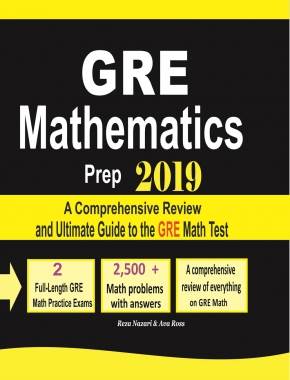
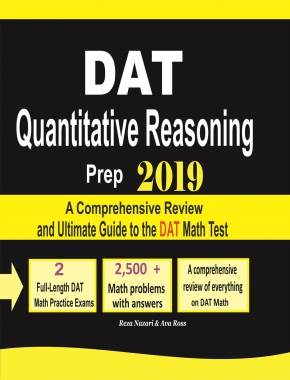
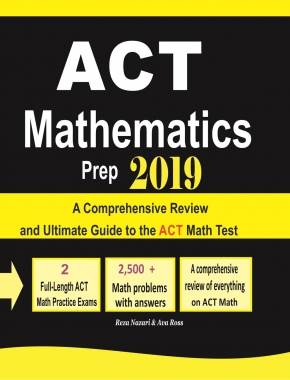
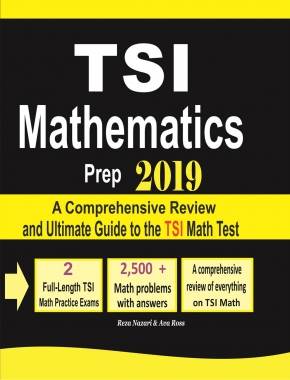
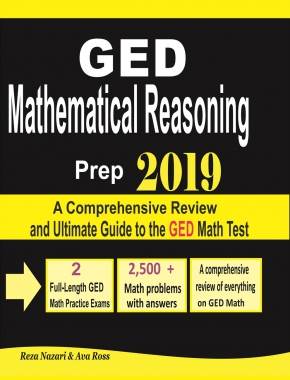
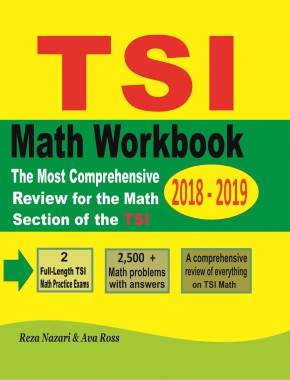
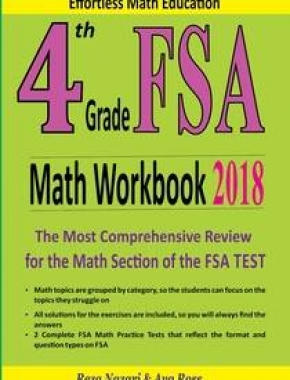





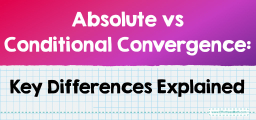





What people say about "Series Behavior with the n-th Term Test: Divergence Test - Effortless Math: We Help Students Learn to LOVE Mathematics"?
No one replied yet.